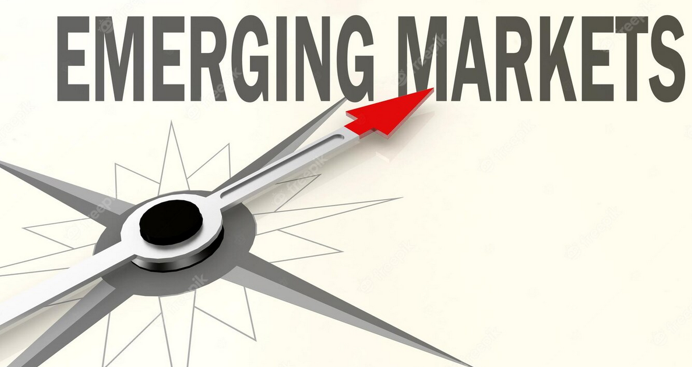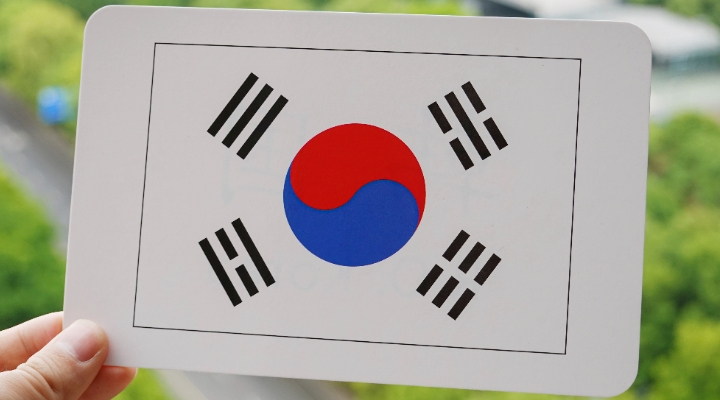
As part of our special Europe-wide focus on emerging markets this week, we're asking how China weightings have evolved in manager portfolios, which other countries have replaced it, and which stocks occupy the largest proportion of the biggest fund portfolios in the category.
We have analysed the positions of the 10 largest emerging markets equity funds, which are listed below:
China's Decline is India's Rise
That China has lost weight in the portfolios of emerging market equity funds is a no-brainer given the Asian giant's steep decline in recent years. For example, over the past three years (to 31 July 2023), the Morningstar China NR Index fell 7.1% annualised in euros compared to a 5.7% rise for the Morningstar Emerging Markets NR Index.
This explains why China's weight in emerging funds' portfolios has fallen from around 35% to just over 25%, as shown in the chart below (constructed from all Morningstar Global Emerging Equity funds). The chart also shows that China, for better or worse, remains the largest contributor to the funds' performance in this category.
But which country has benefited most from China's loss of weight? Clearly India, which in August 2020, weighed on average 8.5% and has risen to 13.4% in July this year.
A Category Dominated by Passive
If we look at the portfolios of the 10 largest funds by assets available for sale in Europe, the weighting by country will depend very much on whether the fund is actively or passively managed.
Of the 10 largest funds, seven are passively managed:
• Vanguard Emerging Markets Stock Index Fund;
• iShares Emerging Markets Index Fund;
• Royal London Emerging Markets ESG Leaders Equity Tracker Fund;
• Amundi Index MSCI Emerging Markets;
• Northern Trust Emerging Markets Custom ESG Equity Index Fund;
• Credit Suisse IEquity Emerging Markets, and;
• The Mercer Passive Emerging Markets Equity.
The weight of China in these passive funds is well above the average weight in the all category, which means that China is underweight in many portfolios.
Indeed, the weight of the Asian giant in the three actively managed funds in the list above (JPMorgan Emerging Markets Equity Fund, Schroder ISF Emerging Markets and Federated Hermes Global Emerging Markets Fund) is in all cases below the weight compared to the weight in the passive funds.
The Magnificent Three
If we take a closer look at which stocks dominate the portfolios of the biggest emerging markets equity funds, there is a trio clearly repeated in many portfolios: Taiwan Semiconductor, Tencent Holdings and Samsung Electronics. In that order, they are the top three holdings of the MSCI Emerging Markets index, so it is no surprise to see this podium in passively managed funds. They are also the top three stocks we find in the top positions of many actively managed funds.
Taiwan Semiconductor (TSM, Wide Moat, 5 Stars) is the first position in the funds analysed. Our analyst, Phelix Lee, remains bullish on TSMC despite a recent deluge of bad news. He maintains the fair value estimate TWD 850 per share (USD 137 per ADR) after revising down the 2023 forecasts but retaining later-year projections. He believes TSMC remains cheap as a significant beneficiary in high performance computing, or HPC, which includes generative artificial intelligence.
Tencent Holdings (TCEHY, Wide Moat, 5 Stars) is clearly undervalued according to our analyst, Ivan Su. In his latest report, he comments that "although Tencent's second-quarter results were slightly behind our estimates but in line with market consensus, we see no reason to alter our long-term growth assumptions, given its growth engines remain intact.
"We maintain our fair value estimate of HKD 704 per share," he continues.
"With the core business trading at around 7% free cash flow yield, we view Tencent's shares as very undervalued. We believe the market underestimates the longer-term revenue contribution from Video Accounts and the potential for more operating leverage as the internet giant cements a more efficient cost structure".
Regarding Samsung Electronics (005930, Narrow Moat, 4 Stars), the South Korean company receives a narrow moat because we believe its leading position in the memory market constitutes an Economic Moat, despite the commodity-based and highly cyclical nature of the business and we have recently raised the fair value estimate to KRW 80,000 per share from KRW 78,000.




























